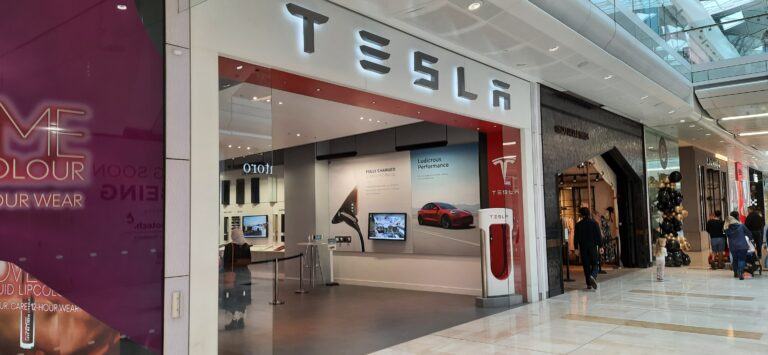Tesla, X, and Space X CEO Elon Musk has seen his net worth skyrocket by a whopping $33.5 billion in a single day this week after his electric car maker’s shares jumped 22% on Thursday after it reported its biggest gain in over a decade.
According to Bloomberg, the electric vehicle manufacturer’s impressive quarterly earnings and optimistic outlook propelled Musk’s fortune to a staggering $270.3 billion. The surge in Tesla’s stock price, coupled with the company’s announcement of a profitable quarter for the Cybertruck, significantly boosted Musk’s position as the world’s richest person.
His wealth now exceeds that of Amazon founder Jeff Bezos by a $61 billion margin, with Tesla shares and options accounting for most of Musk’s wealth. Bloomberg’s Billionaires Index also shows the billionaire’s fortune comes from X, Space X, and Neuralink.
Tesla’s rise comes as the electric car maker is betting on autonomous vehicles, with Musk revealing he expects the firm to start rolling out Cybercab robotaxis in 2026. The firm plans to produce up to 4 million units per year.
As reported, the firm is believed to still be holding onto its nearly $780 million worth of Bitcoin, despite moving the funds from its wallets for the first time in two years, prompting rumors the firm was selling its BTC holdings.
Blockchain analytics firm Arkham Intelligence has, on the microblogging platform X, recently revealed it believes Tesla’s wallets movements “were wallets rotations with the Bitcoin still owned by Tesla.”
The firm moved their entire 11,509 BTC stash to new cryptocurrency wallets last week, with the largest portions going to addresses identified by their initials “1Fnhp” and “1LERL.”
The reasons behind the transactions are unclear, with neither Tesla nor Elon Musk commenting on these movements. The wallets have, however, remained inactive after receiving the funds.
These movements prompted some in the cryptocurrency community to speculate that Tesla moved its BTC to wallets belonging to custodians in a bid to in the future leverage its Bitcoin holdings to, for example, secure a loan against them or use them to generate yield.









